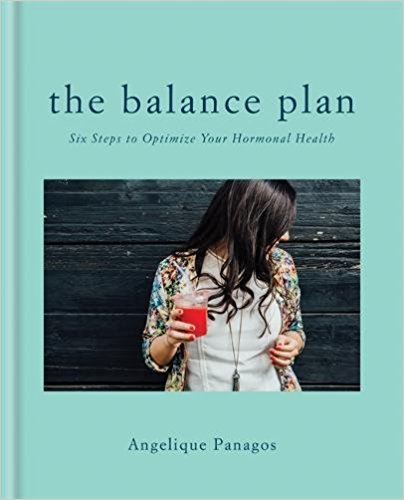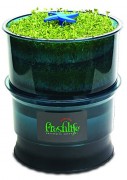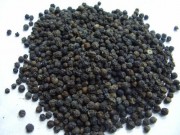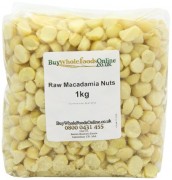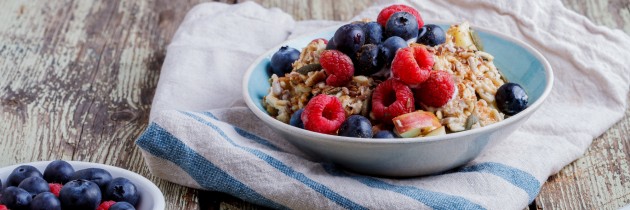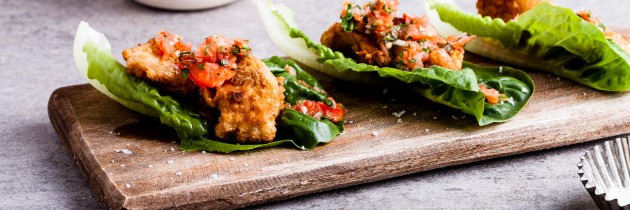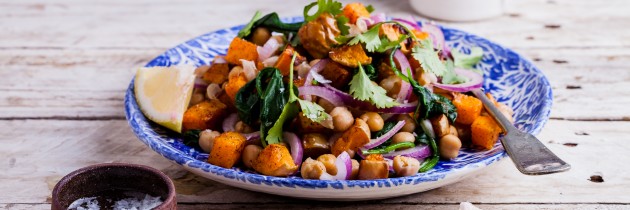Your pregnancy nutrition guide
The foods eaten during pregnancy are the sole source of all the building blocks your baby needs to develop and grow. What you eat (and don’t) can have a profound effect on your baby’s health from womb, to child, and right the way through to adulthood. It is clearly vital that your diet is given some thought. During the first 12 weeks of pregnancy, your baby’s cells are rapidly multiplying and all the major organs are formed. Throughout the remainder of the pregnancy, these organs are in key development while the baby grows and matures. It’s all about laying the right foundations for your baby!
Foods to focus on
More than anything, a healthy pregnancy is about all the good foods that should be eaten:
Protein:
Ensure good quality protein is eaten with every meal. This is an important building block in the body and is necessary for both mum and growing baby. Good sources include fish, poultry, organic free-range eggs, beans, lentils, nuts & seeds and, in moderation, game and red meat.
Fruit and Veg:
Aim for at least 5 (but ideally 10+) servings of rainbow coloured fruit and vegetables daily to boost your intake of key vitamins, minerals and antioxidants. Smoothies are a great and easy way of keeping to this quota.
Water:
Drink plenty of water (sipped slowly through the day) to help avoid constipation and dehydration, which can lead to complications such as oedema, headaches and nausea. To achieve this, simply fill a 1.5 litre bottle in the morning and make sure it is finished by the end of the day.
Oily Fish:
Include 2 portions of oily fish per week, e.g. salmon, sardines, herring and sea trout (any more is not recommended due to the risk of mercury and other contaminants), alongside fresh non-roasted nuts and seeds (though never peanuts). Essential fats are key building blocks for the development of the baby’s brain, central nervous system and eyes.
Variety:
Think variety! Eating a good varied diet will help ensure you are taking in all the nutrients you need. Try not to get stuck consuming too much of any one thing (e.g. wheat in bread and pasta).
Wholegrains:
Opting for wholegrain foods (oats, brown rice, buckwheat, rye, millet and quinoa) rather than refined white foods will maximise your intake of the essential nutrients needed for pregnancy, such as B vitamins, zinc, magnesium and calcium. The high levels of fibre also ensure a slow and sustained energy release to help stabilise blood sugar levels.
Organic produce:
Buy organic produce wherever possible. Organic food does not contain the same levels of pesticides, herbicides and other toxic substances, and is also likely to be more nutrient dense because it is grown in crop-rotated soil – ensuring the soil is enriched rather than depleted. Any dairy foods or eggs should always be organic to avoid antibiotics, chemicals and other additives that may have been added to the animal’s food.
Blood Sugar Balance:
Eat little and often and ensure a balance of protein and complex carbohydrates in order to maintain blood sugar levels – this will help maintain your energy, balance your hormones and help prevent appetite dysregulation.
Remember to enjoy being pregnant!
Foods to avoid
Cheese:
Avoid mould-ripened soft cheeses, unpasteurised cheeses and blue-veined cheeses, such as Brie, Camembert, Chevre, Taleggio, Roquefort and Stilton, as they can contain listeria (a bacteria found in animals and soil which can affect pregnant women).
Vitamin A:
Liver and cod-liver oil contain high levels of vitamin A (the animal based form of retinol), which can be harmful to the foetus in large quantities.
Pate:
Meat-based pates which may contain bacteria and are usually made with liver (see above).
Raw Meat, Fish and Dairy:
Raw or partially cooked eggs which may be found in foods such as mayonnaise, ice-cream and mousse, and may contain salmonella. Raw fish and meat, as they may contain bacteria that would usually be killed off by the cooking process.
Ready-to-eat:
Ready-to-eat poultry and ready-to-eat bags of salad, as there is also a risk of listeria.
Peanuts:
Peanuts, especially if allergies are common within the family (in excess, peanuts can cause allergies in your baby).
Alcohol:
While opinions differ on how much alcohol is safe during pregnancy, zero alcohol is always the safest level. Your baby’s organs, although formed in the first 12 weeks, are still in development throughout pregnancy and are therefore vulnerable to damage, with the brain in particular at risk. Alcohol is a toxin to the body and is a substance that a growing baby just does not need.
Caffeine:
Tea, coffee and other caffeinated drinks such as Coca-Cola should be reduced, or better still completely eliminated. Caffeine crosses the placenta and enters your baby’s bloodstream, having the same stimulating effect in the baby as in adults. As your baby is not fully developed, these stimulatory effects are likely to be more profound. Caffeine also depletes the body of essential minerals.
The bad fats:
Keep saturated fats (dairy and meat products) to a minimum and avoid hydrogenated fats completely. These fats can block the absorption of essential fats. Hydrogenated fats are highly artificial products; these fats are found in many processed foods such as margarine, cakes and biscuits. Fresh is best!
Genetically modified produce:
Always avoid genetically modified foods.
What you eat (and don’t) can have a profound effect on your baby’s health
Lifestyle & what to enjoy during pregnancy!
Exercise:
Make sure you do continue to exercise.Yoga is great but do ensure you tell the instructor you are pregnant.
Relax:
Stress management and relaxation are particularly important – for you and your baby!
Buy some plants:
Keep your home and office stocked with plants (especially peace lilies and spider plants), which can help re-oxygenate the air and absorb the toxic materials produced by printers and computer equipment.
It’s all about laying the right foundations for your baby!
And what to avoid during pregnancy
Mercury:
Avoid mercury tooth fillings, as there is a risk of toxic mercury being passed to your baby.
Painkillers:
Any form of painkiller should be avoided.
Dieting:
Never diet! Adopting this healthy eating plan should help naturally manage your weight.
Smoking:
Do not smoke and avoid smoky environments. Tobacco smoke contains more than 4,000 chemicals which pass directly into your baby’s blood supply. These have a vast range of detrimental and toxic effects.
Exposure to chemicals:
Avoid exposure to potentially harmful chemicals, especially those found in in cleaning products and skincare. Consider switching to a natural deodorant and using organic skin, hair and body products.
Finally, remember to enjoy being pregnant – it really won’t be long before your bundle of joy is here!!
Nourishing well wishes,
Angelique
Consult your doctor or health care practitioner for any health problems, and before embarking on any new health regimes, using any supplements or before making any changes in prescribed medications or food programmes.


